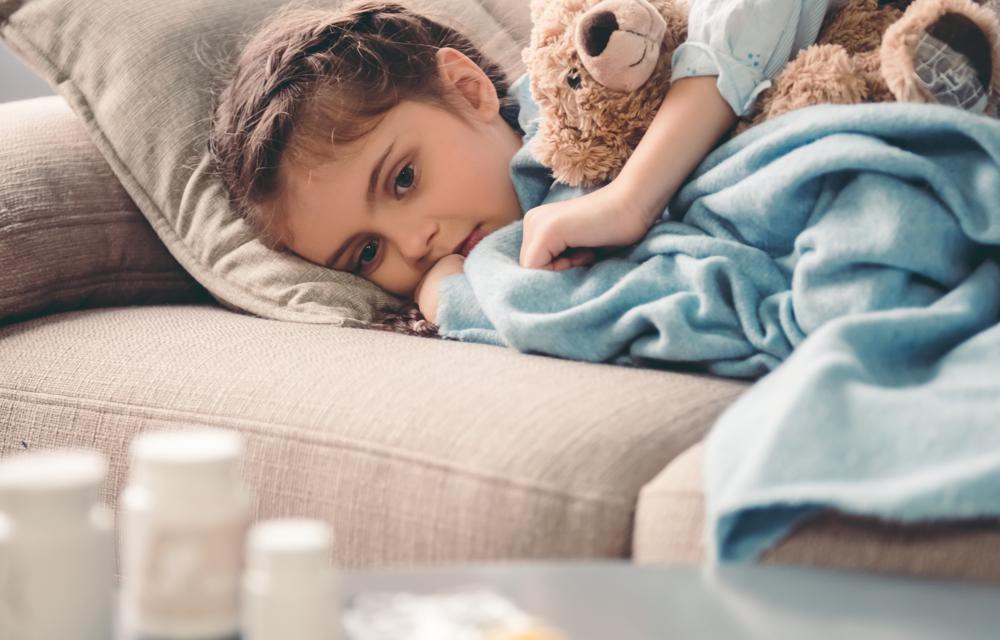Sharing some information with children in this trying time is essential, however, that also heavily varies based on the developmental age and stage of the child. A younger child around age 5 or 6 may not need more information besides explanation of the hygiene procedures: “We are trying to keep healthy and need to wash our hands and stay clear of touching our face, nose, and mouth.” Some younger children in this age range have heard of the virus and will ask direct questions about it. Keep the facts simple and try not to over-explain things: “Yes, there is a virus and we need to be careful to stay healthy. That’s why we have to wash our hands more often.” Children under age 5/6 would generally be addressed in the same way if they ask questions.
Resources For Families and Educators
The stress response in children represents an opportunity to teach healthy, adaptive coping strategies. Responding to stress is different than reacting to it. A stress reaction is when a child encounters a combination of internal and external stressors that trigger stressful reactions. The latter is usually automatic and based on habits of the past. A response, such as a mindful one, is a healthy proactive positive approach and alternative to reacting.
In young children this stress reaction can be a "melt down," a tantrum, or emotional dysregulation. In middle school aged or teenage children, it presents as sadness, anger, depression, and certainly anxiety. The automatic habit-based stress reactions are less healthy and we know this from a physiological perspective as studies have proved the effect stress reactions have on the heart, the brain, the circulatory system, pain management, etc.




